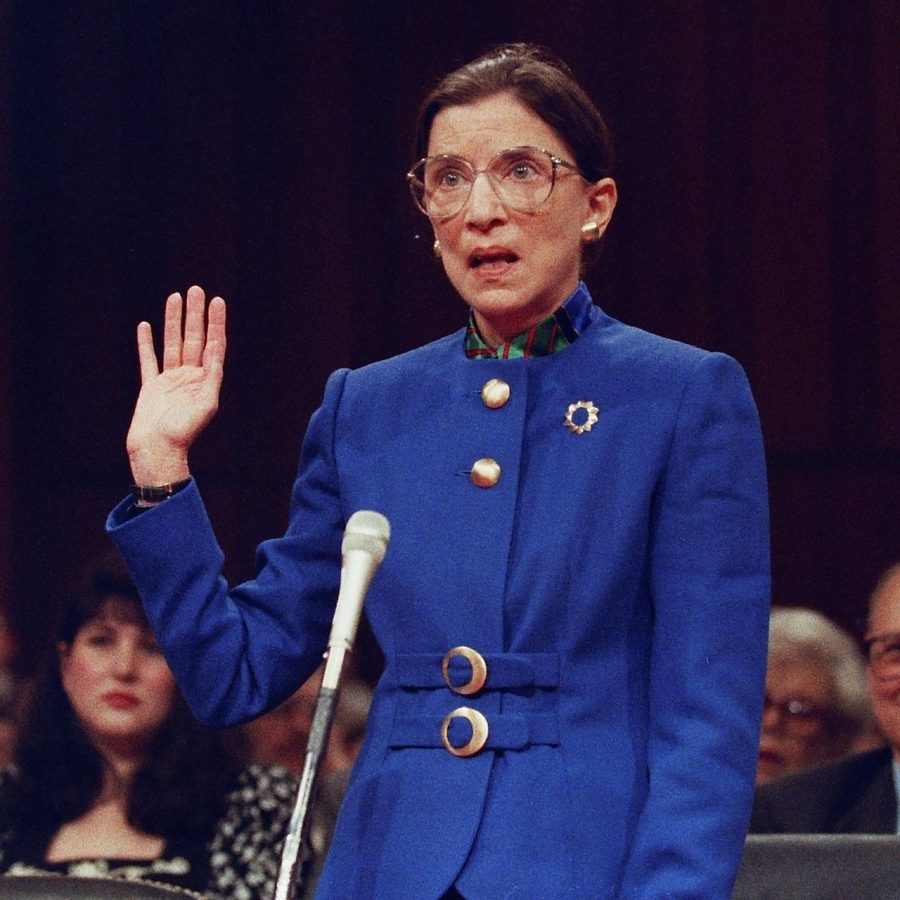The life and legacy of Ruth Bader Ginsburg
https://www.google.com/url?sa=i&url=https%3A%2F%2Fwww.wsj.com%2Farticles%2Fthe-case-that-helped-define-ruth-bader-ginsburgs-gender-equality-fight-11600557049&psig=AOvVaw2Uab-K3qb8-9twuch-S0tD&ust=1603857620037000&source=images&cd=vfe&ved=0CAIQjRxqFwoTCPD9qLLx0-wCFQAAAAAdAAAAABAD
Oct 26, 2020
“Fight for the things that you care about, but do it in a way that will lead others to join you.” – Ruth Bader Ginsburg, 2015
Having served for 13 years as a Supreme Court Justice, Ruth Bader Ginsburg was more than just another political figure. Despite the ridicule she received as a Jewish woman and mother hindering her career, she never conceded. Instead of submitting to standard gender roles in her time, she used her charm and decorum to help pave the way for gender equality.
As a graduate tied for the top of her class from Columbia Law School and the first person ever to be a member of both Harvard and Columbia Law Reviews, her passion and empathy for those around her reflected in her work. In one of her most known cases before becoming a Justice, Moritz v. Commissioner of Internal Revenue, she defends Charles Moritz, a bachelor who did not receive a tax deduction when hiring a nurse for his ill mother, despite the law stating that someone who was divorced; a woman or a widower could receive one. Ginsburg would argue the case that an unmarried man could undoubtedly be considered a caregiver, and therefore was eligible for tax cuts. Despite not winning this case, this case would go on to prove her diligence in law.
In 1980, she was nominated for Supreme Court Justice by President Jimmy Carter. Since then, many court cases important to our society now have been passed, such as Obergefell v. Hodges which legalized same-sex marriage and United States V. Virginia, recognizing that the school having gender-based exclusion violated the Equal Protection Cause. Ginsburg was part of the majority that argued gender equality is a right for every American. Not only has Ginsburg paved the way for other women who will follow her footsteps, but she made sure that future generations will not live in as suppressing times as when she was starting her career. May her memory be a blessing.

